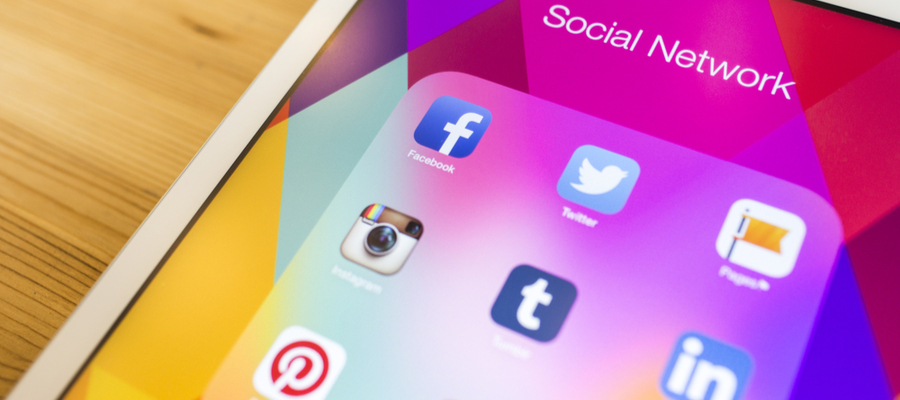Your patrons share one thing in common: they’re critical to your hotel’s success. But beyond that, your audience is often split into various segments of travelers who have distinct preferences and use different channels to gain information. Getting your brand out there requires a strategic approach that combines digital best practices and a good rapport with your customers.
Optimize for Search
Search engine optimization (SEO) is still a key driver for direct bookings—83% of hoteliers use SEO as part of their marketing initiatives.
Google is constantly updating their search algorithms, which means SEO needs to be an ongoing process for your site. There are several variables to take into account, including content quality, relevant keywords and site structure.
Tip: With SEO, you can target certain key markets. For instance, you can capture the attention of on-the-go travelers who use their phones to make reservations by adding your NAP (Name, Address, Phone Number) to each page of your site. This will help you rank for localized “near me” mobile searches.
With proper optimization, your site will rank higher on search results pages, which can help net you more direct bookings.
Develop Shareable Content
High quality content like Expedia’s travel guides creates a useful touchpoint to engage with potential guests. Besides helping you build relationships directly with your audience, it can also give loyal patrons a reason to share your brand with their networks. Keep in mind that content needs to be accessible, timely and legitimately valuable to an audience in order for it to be both engaging and shareable.
Strong content also needs a strong distribution strategy. Using your company blog and social media platforms like Facebook, Twitter or Instagram will help you deliver different forms of content (like blog posts, videos and infographics) to different segments of your audience. Timing is important for these channels—posting at optimal times throughout the week will ensure you’re reaching as much of your audience as possible.
Tip: Guest data from your property management system can help inform your content and timing decisions. If your hotel regularly hosts families, consider creating travel guides that recommend family-friendly attractions in your area, and promote this content frequently on Facebook, a platform that many parents check regularly.
By understanding your audience, you’ll deliver content your customers will both see and appreciate.
Leverage Online Reviews
Word-of-mouth marketing has gone far beyond family and friends. Prospects now make decisions based on multiple sources like forums, blogs, social networks and industry-specific channels. Online reviews are a powerful way to signal quality to customers.
Encourage loyal guests to share their opinions on popular OTAs and personal blogs or with their social network. While these positive reviews are helpful, remember that users will also want to see negative comments in order to learn about any potential problems.
Tip: Promptly communicating with people who leave negative reviews can help you gather valuable feedback that you can use to improve your hotel. If you notice that a few guests have complained about slow check-in times, you can examine your check-in process and see how you can make it more efficient. You may choose to implement mobile check-ins as an alternative option, and let your guests know that their voices have been heard.
Taking the time to respond to comments also creates a more down-to-earth persona for your hotel’s brand, one that communicates strong customer service.
Take an Omnichannel Approach
Businesses around the world understand that having multiple marketing and distribution platforms is necessary, but this approach can be taken further by building a unified experience across these different channels.
Tip: An omnichannel approach means integrating your platforms to improve the customer experience. When a customer makes a reservation on your site, the confirmation page can share a link to download your mobile app. After they install your app, they can check in at your property through their phone. You’ll be immediately notified, and can greet your guest when they enter your lobby. During their stay, they can use your app to order room service and learn about other offerings your hotel provides.
The benefit of an omnichannel approach is the ability to keep your hotel’s brand in your guests’ minds throughout the day. It can also open up opportunities to collaborate with different affiliates and partners by incorporating their services into your platforms.
Reaching a target audience can be challenging for hoteliers in today’s competitive digital world. By considering these effective strategies, you can improve your brand awareness and maximize your marketing efforts.
Feature Photo: Monkey Business Images / Shutterstock.com




